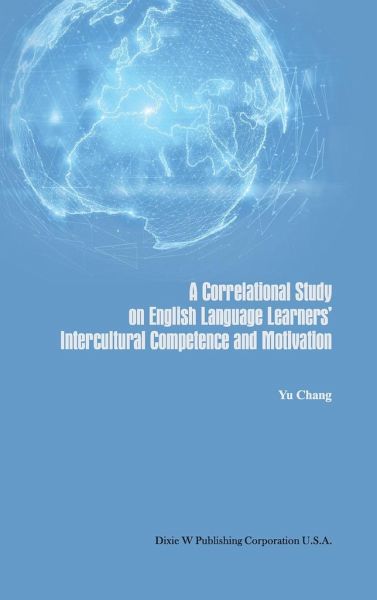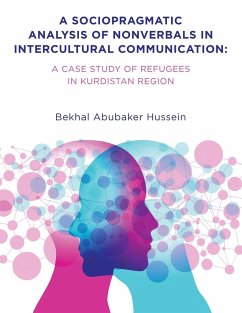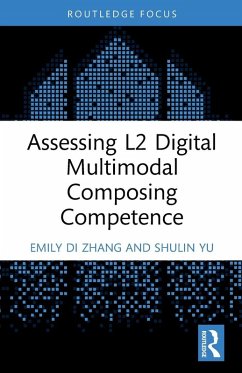
A Correlational Study on English Language Learners' Intercultural Competence and Motivation
Versandkostenfrei!
Versandfertig in 1-2 Wochen
21,99 €
inkl. MwSt.

PAYBACK Punkte
11 °P sammeln!
The world is becoming increasingly interconnected with the impact of globalization, technologies and transportation. The intercultural contacts and encounters dramatically accelerated. People have more opportunities to travel, to conduct businesses, or to receive education in other countries. The increased intercultural contacts and encounters implies the intercultural competence and foreign language competency for individuals to study, to work and to live effectively in the culturally diverse and digitally-connected global communities. This also heightened the needs for foreign language progr...
The world is becoming increasingly interconnected with the impact of globalization, technologies and transportation. The intercultural contacts and encounters dramatically accelerated. People have more opportunities to travel, to conduct businesses, or to receive education in other countries. The increased intercultural contacts and encounters implies the intercultural competence and foreign language competency for individuals to study, to work and to live effectively in the culturally diverse and digitally-connected global communities. This also heightened the needs for foreign language programs in universities and colleges to improve students' intercultural competence and language aptitude, which have become one of the objectives of foreign language programs. Foreign language teaching and learning needs to be focusing on both language aptitude and intercultural competence. As two important factors affecting students' foreign language learning, intercultural competence and language learning motivation have been increasingly stressed in the field of second language acquisition. However, there are few scholars who investigate the intercultural competence from the perspective of language learning motivation. The purpose of this study is to investigate the relationship between English language learners' intercultural competence, their attitudes towards the language, and their motivation patterns and motivation intensity of learning English. This correlational study is expected to provide statistical evidences for research on intercultural competence from perspective of language learning motivation, and is also hoped to shed light on foreign language teaching and research.












